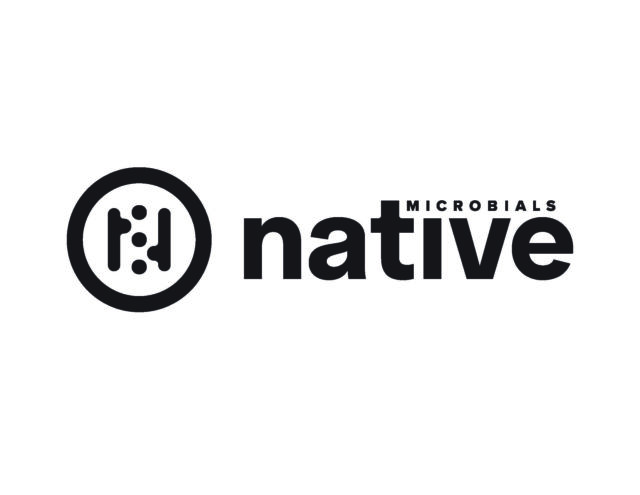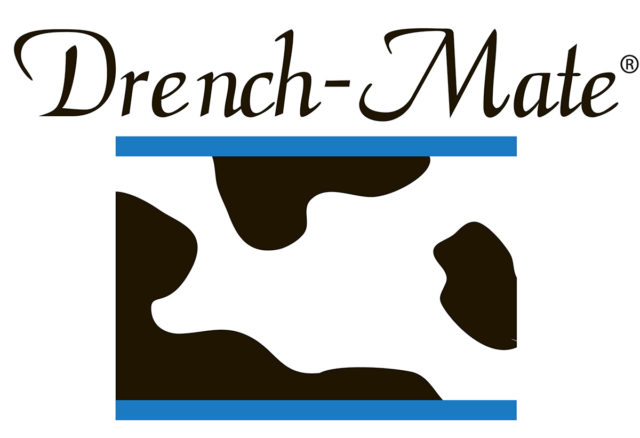Dairy co-ops throughout the country have, or will soon have, communicated to dairy producers how a recently announced USDA agreement with the E.U. for individual farm testing of somatic cell counts (SCC) will impact them in upcoming months. In Nov. 2011, the USDA notified the industry of a new E.U. health certification program required for all dairy products and dairy ingredients being exported to E.U. nations. In short, the key element of the new program is individual farm testing of SCCs and calculation of a farm’s three-month rolling geometric mean, which must be less than 400,000 SCCs per mL to certify for export to the E.U.
Progressive Dairyman spoke with several co-ops about how the changes may impact their membership.
Segregate vs. comply
Co-ops say the percentage of affected milk supply exceeding an average SCC of 400,000 ranges from near zero to 10 percent, depending on various regions of the country.
Milk that exceeds 400,000 SCCs per mL can still legally be sold in the U.S. and could be segregated from E.U.-bound milk or processed milk ingredients.
However, most co-ops say they plan to request members comply on-farm rather than segregate milk.
“We sort farms for organic vs. regular milk, bST-free vs. non-bST-free, as well as for Kosher milk. It costs money to segregate milk. If we have to sort milk to achieve E.U. compliance, it will take away efficiencies from our current routing,” says Dairylea Cooperative CEO Greg Wickham.
“We would much prefer to achieve compliance naturally by helping and assisting farms.”
Dairylea and others say they will add a line to producers’ pay checks that will indicate a dairy’s rolling three-month geometric SCC mean. All co-ops point to their existing milk quality programs, both on-the-ground field staff and financial incentives or penalties, that have resulted in most U.S. milk already complying well below the E.U.’s 400,000 SCC level.
“Fortunately, the majority of our direct milk supply already meets the new standard SCC level of 400,000 per mL or less,” says Jennifer Walker, a veterinarian and director of dairy stewardship for Dean Foods.
“It is our expectation that farms that are not able to maintain a rolling three-month average of less than 400,000 SCC work with our field staff and their veterinarian to improve milk quality on the farm. We recognize some of these necessary changes and improvements take time and that the results of their efforts may not be immediately reflected in their SCC data.”
Exceptions allowed
The USDA’s certification program will allow farms not immediately or seasonally able to stay under the E.U. limit to apply for a one-year derogation.
“Derogations are a recognition that all of the milk producers in the E.U. member countries are not in compliance with these health certificate requirements,” says Joe Weis of Foremost Farms USA. “Absent the derogations, this would have been an unfair standard.”
Co-ops on behalf of their members will apply for the paperwork for an exception, which will cost at least $136.
“Somebody’s going to be charged for two hours of USDA’s administrative time,” Weis says. “I’m certain that will be charged back to producers at an absolute minimum.”
The long-term impact on the new program for farms that apply and receive a derogation but that struggle to improve is unknown.
“What criteria the USDA will use to determine whether or not a producer has made adequate progress or improvement during the first year to qualify for a derogation renewal remains to be seen,” Weis says.
Something dairies can live with
Weis and others say the costs of complying with the new regulations will be more than just application fees.
“There may be a little additional expense for producers that occasionally don’t satisfy the new USDA approach to health certificates,” says Antone Mickelson, director of farm practices for Northwest Dairy Association. “But if there is a producer that is consistently non-complaint, he or she could incur significant cost.”
Mickelson says milk quality issues remain a farm-specific issue. He says the USDA changes are virtually a “non-issue” for his co-op.
“There is an industry segment that occasionally ends up in the non-compliant category which is quite capable of making milk below 400,000 SCCs consistently,” Wickham says. “And then there is another subset that is there all the time, 10 to 12 months of the year. They have their reasons.”
Now that the new program is being implemented, some producers who were capable before will probably take action now.
“Is this something we can live with? Yes,” says Jim Sleper, milk supply director at Land O’Lakes. “In terms of our membership, we have informed them of a potential change for two-plus years. Basically, our members have been saying, ‘When I know how it’s going to be implemented exactly, that’s when I’ll sell that cow.’”
New legal limit coming?
But the issue and new program aren’t just for farms on the bubble.
Wickham says that because even good farms can have a temporary spike, the new certification process will bring increased attention to proposals to change the U.S. legal SCC limit.
“I think these changes will probably drive this issue over the top the next time the National Council of Interstate Milk Shippers (NCIMS) has a chance at it,” Wickham says.
“We’ve always felt very strongly that we should adhere to the process – that NCIMS should be the group to set the limit and that it not be legislated by Congress. I think this will help us move faster toward change.”
Most co-ops we talked to said quality milk is in everyone’s best interest and advocated lowering the U.S. legal SCC limit.
“We’ve known for years that managing dairy cattle to lower SCC levels results in increased milk production, decreased veterinary expenses, reduced risk of antibiotic contamination and increased milk quality premiums,” Wickham says. “We feel confident 400,000 is achievable.” PD
Questions every dairy producer should be asking his or her co-op related to the implementation of new protocols to adhere to the E.U.’s 400,000 SCC rules and qualify to receive a certificate of compliance from the USDA:
- Which milk quality test will be used to measure compliance? (i.e., monthly pay test averages, first test day of the month, state-reported quality tests, etc.) How will my rolling three-month geometric SCC mean be communicated to me?
- Will our milk quality program benefits and awards continue to be calculated arithmetically or geometrically?
- What are the products our co-op produces that could end up being sold to the E.U.? Who are the clients that buy those products?
- What volume of our co-op’s milk will be affected?
- Is our co-op in favor of lowering the U.S. legal SCC regulation to 400,000 from its current 750,000 level?
Questions every dairy producer with a three-month rolling SCC of at or just above 400,000 should be asking his or her co-op:
- Will the co-op segregate my milk for sale in the U.S., or will I have to choose to comply or find someone else to market my milk?
- What resources does the co-op have to help me remain compliant?
- What will I be charged to apply with the USDA for a derogation if I have a three-month rolling SCC average that exceeds 400,000 and I cannot keep it below that level? The USDA’s application fee? Additional administration fees?

Walt Cooley
Editor
walt@progressivedairy.com






